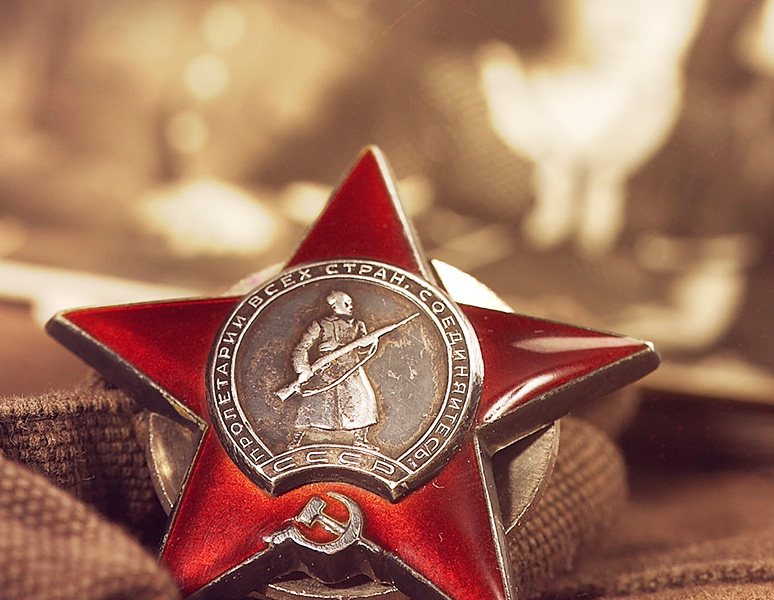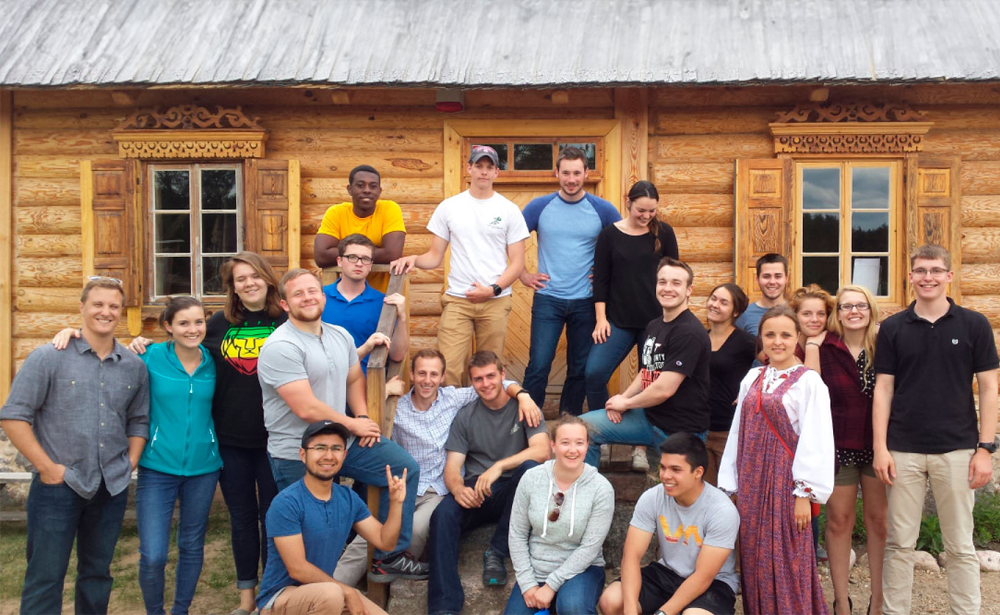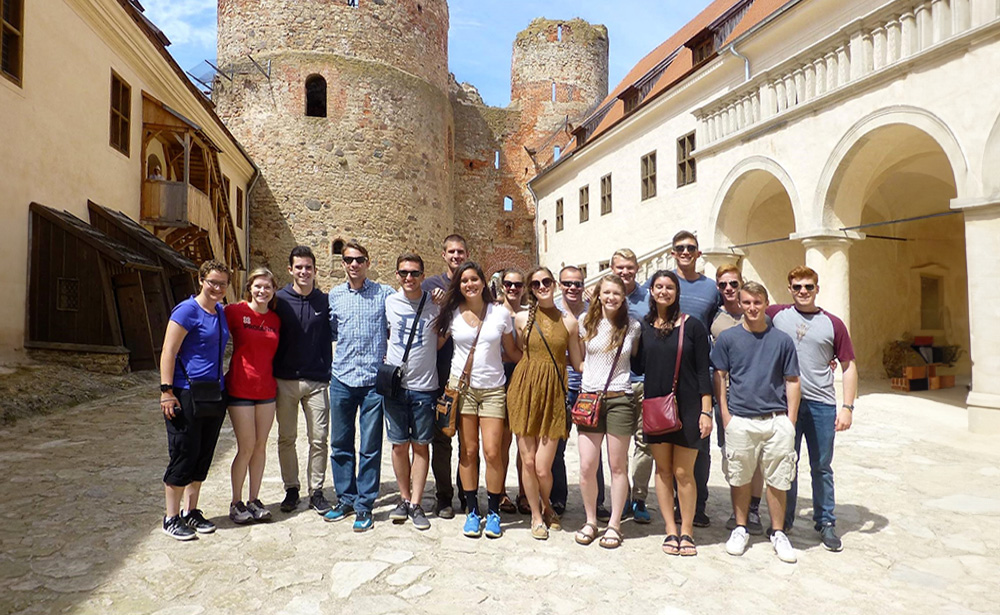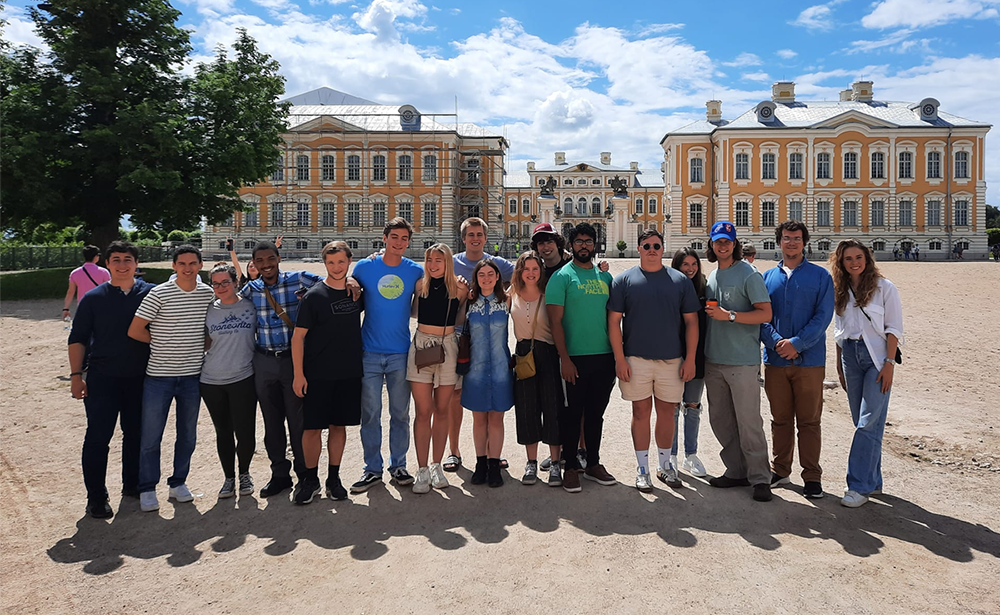Victory Day – How Russia Celebrates the End of the World War II
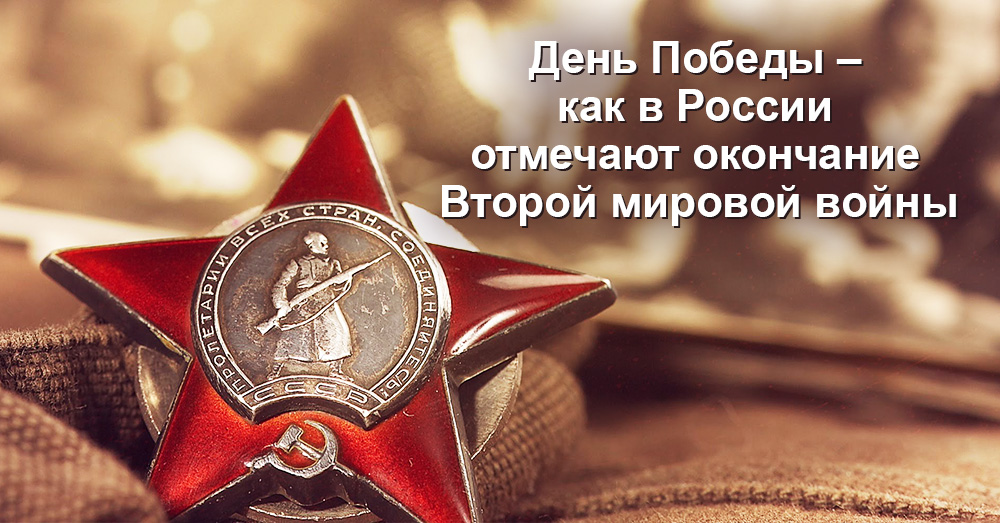
Victory Day is one of the most important Russian holidays. And people sometimes think that it has always been, although it’s not true. We are going to tell you the real story of this holiday.
A Little History
In the USSR May 9 was declared a holiday immediately after the end of the war in 1945. However, the USA and Europe celebrate this holiday one day earlier – on May 8. It happened because at the end of the war, Germany signed 2 acts of capitulation. The first one was signed on May 7 in 1945, although the act did not satisfy Stalin. The Soviet leader insisted on having the act signed by the representatives of all branches of the German troops. Therefore, on May 9 at 0:43 Moscow time another act was signed (on Central European time it was not May 9 yet). As a result, because of the difference in time zones, the victory in this war is celebrated on different days in the USSR and western states.
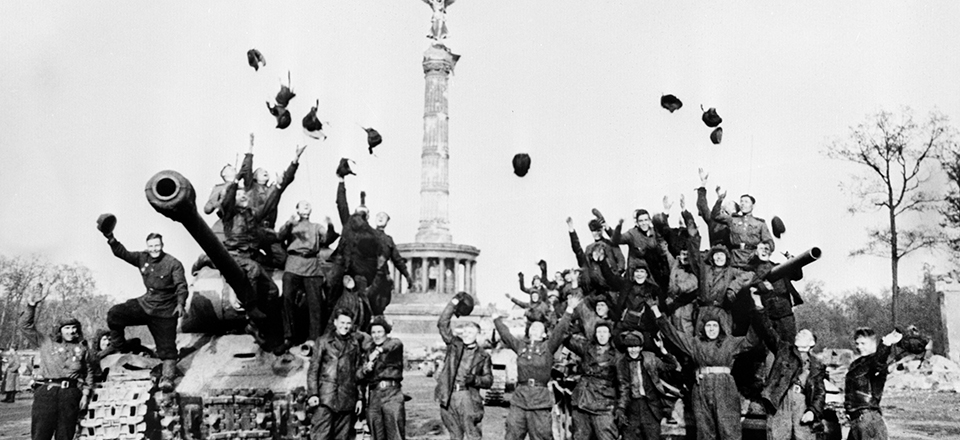
Initially, in the USSR the Victory Day was a day off. However, in 1948 the holiday changed its status. There was a government decision to declare the New Year’s Day the day off. The reasons for this decision still remain unclear. A few historians believe that Stalin was annoyed about the popularity of Marshal Georgy Zhukov, who embodied the victory for lots of people. This fact made Stalin take this decision. May 9 became a day off again only under Leonid Brezhnev in 1965.
Traditional attributes of this holiday have been established for a long time. For example, the military parade on the Red Square happened only once – on June 24 1945 – during the first 20 years. During the first two decades after the war, the celebration of the holiday was limited to newspaper articles, gala evening and fireworks. It was also celebrated by public festivities despite the fact that it was not official day off.
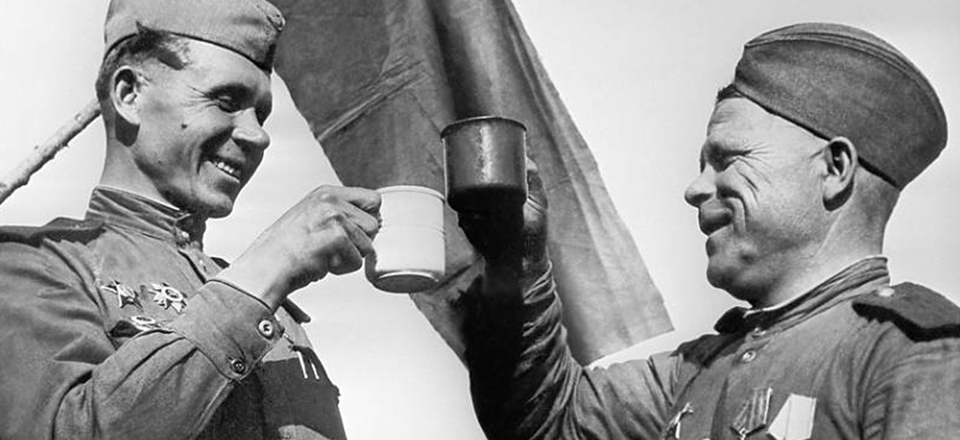
Although, after 1965 the scale of celebration was growing larger: military parades were run in Moscow and many other cities in the USSR. There was a certain ceremonial established which included youth’s manifestations, floral tributes to military memorials and the gala reception in Kremlin. The official part of the holiday ended with the salute at 9 in the evening.
How Victory Day is Celebrated Now
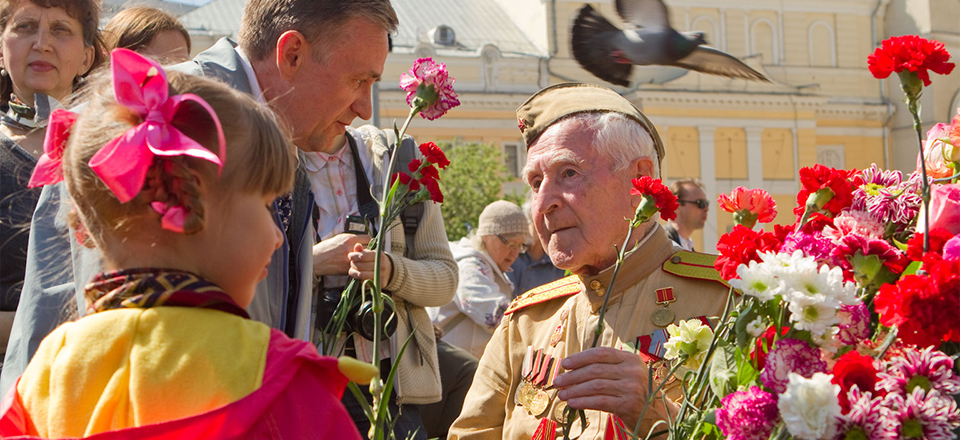
Nowadays the Victory day is one of the most large-scale events in Russia. Military parades held in dozens of Russian cities have become regular. Weapons, military equipment and aviation also have become part on the parade. The most popular became two of the new traditions: the Georgian ribbon and action “The Immortal Regiment”.
The Georgian ribbon has the same colours as the order of Saint George and the order of Honour. Both awards (the first one was awarded in Russian Empire, the second one in the USSR) have a similar status: they were awarded for personal heroism on the battle field. Only Privates and Junior Officer Ranks were awarded the Order of Honour.
The Georgian ribbon is a ribbon with black and orange stripes. By the way, the same colours were used as the ribbon for the Medal “For the Victory over Germany in the Great Patriotic War 1941–1945”. The Georgian ribbon appeared in 2005. A few public organizations initiated the free distribution of these ribbons. In the organizers opinion, this symbolic token should encourage the commemoration about the victory.
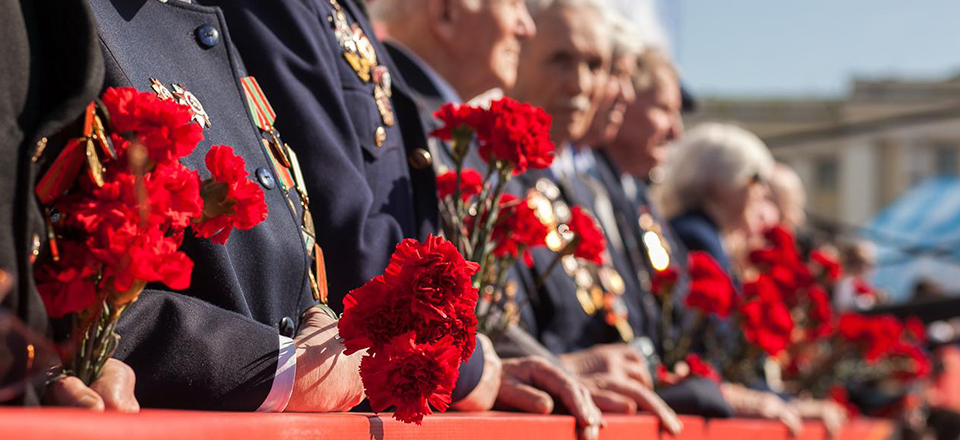
The movement “The Immortal Regiment” as we see it now started in the city Tomsk in 2011. A few journalists offered to organize a march of people carrying the photographs of their relative who participated in the Great Patriotic War. The idea became extremely popular: more than 12 million people participated in the movement in Russia in 2015. The movement also spread to other states, and now it is held in 64 states around the world, including Latvia.
Public festivities are still very popular too. Every Russian city organizes concerts which lots of people attend. In the evening the official celebration ends with a salute. However, people usually continue to celebrate the Victory Day until late evening.
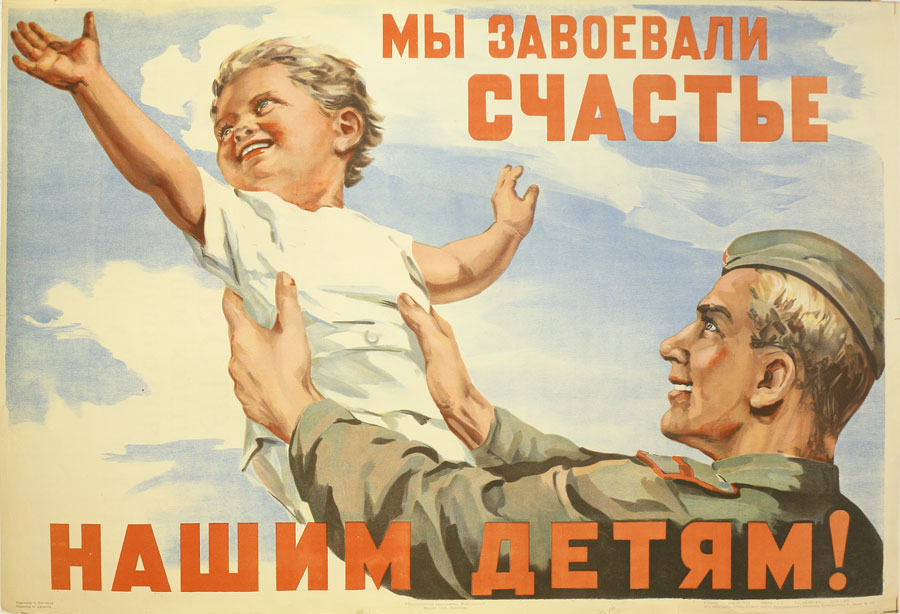
The Victory day is also celebrated in the former USSR countries, including Latvia. In Latvia the largest celebrations are traditionally organized in Riga and Daugavpils. Mass parades, concerts and salutes have become a tradition. Every year the Russian Ambassador in Latvia and representatives of the Russian Consulate also address the public.
Many people refer to the current status of the holiday as political. However, the Victory Day is one of the most significant dates for dozens of millions of Russians and even if not supported by the state it still would be popular. How do you celebrate the end of the World War II in your country? Tell us in the comments. It would be interesting to know and compare.
You may be interested
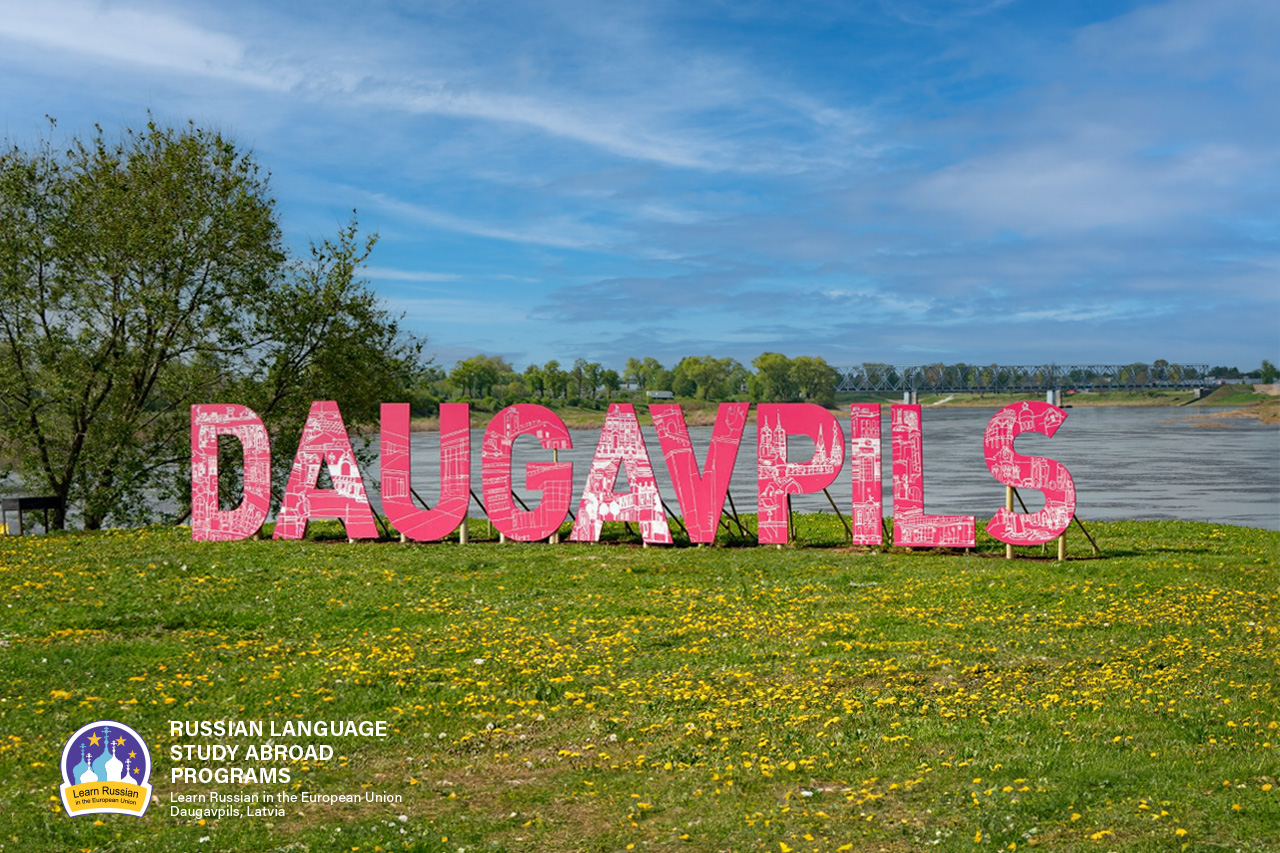
Why do people speak Russian in Daugavpils?
As it seems to us, Daugavpils is the best place to learn Russian now, because our city is situated in the EU and NATO, but at the same time 90% of the city’s population speak Russian at home.
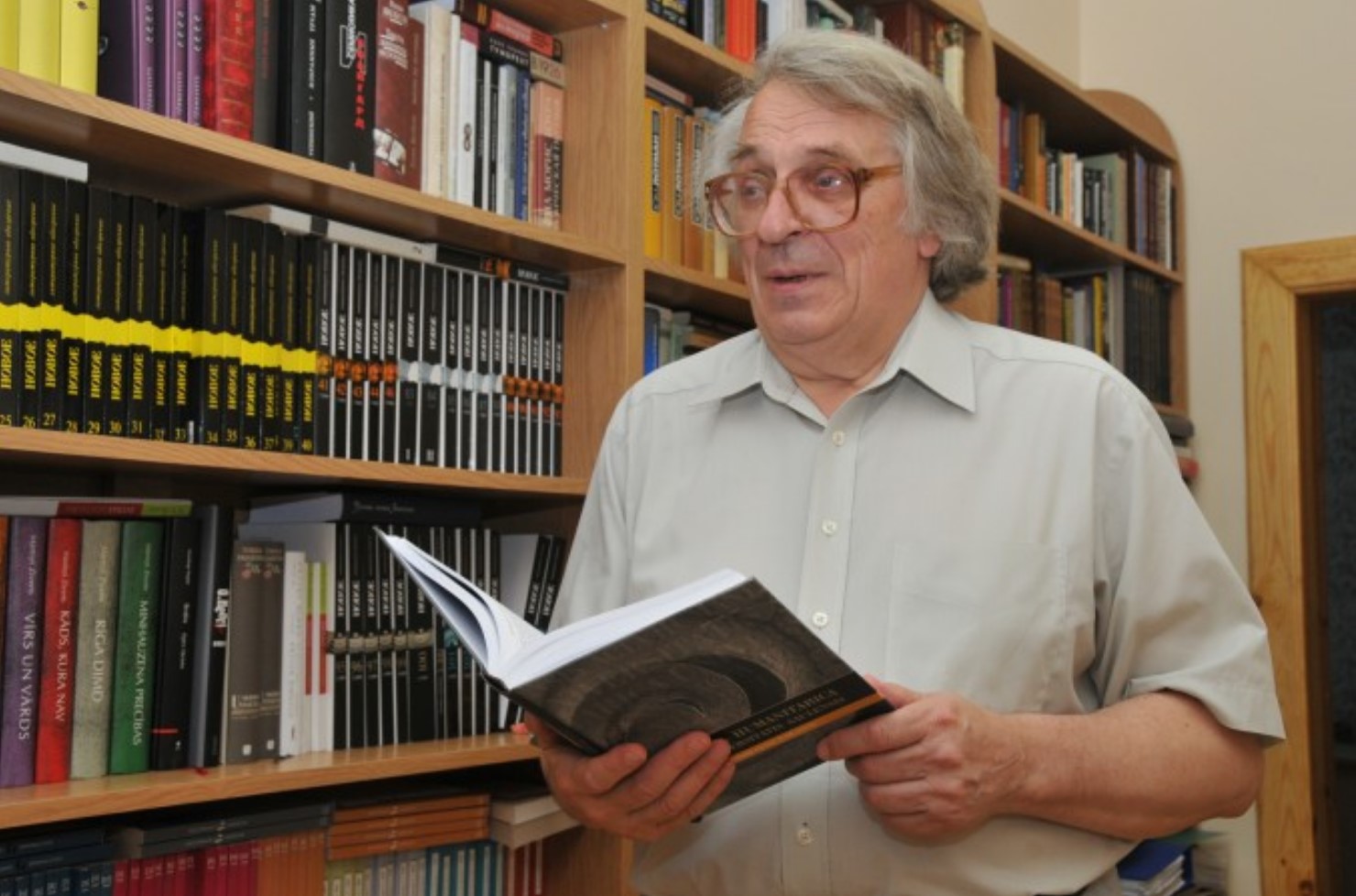
ЭТЮД О ДВИНСКЕ
Etude on Dvinsk by F.Fedorov
The Baltic region is one of the most catastrophe prone regions of the 2nd millennium, especially its second part; it is the centre of attraction of ‘geopolitical’ interests of the European world. Probably the most tragic fate has befallen to the eastern part of the present Latvia and its multi-titled town of Dinaburg – Dvinsk – Daugavpils. During its 730 years long history, the town went through five rather autonomous periods of development, five different lives (German, Polish, Russian, Latvian, Soviet), and at the beginning of the 1990s it entered into the 6th period.
The history of Dinaburg – Dvinsk – Daugavpils is the history of five attempts by the town to begin its life anew; and this is determined not only by the fact that the town was four times burned down and had to start life from scratch, but first and foremost because each of these periods was characterized by a total change of ethnos and the socio-cultural field.
The present article deals with the cultural space of the town in one of the most efficient periods of its development – from the 1860s till World War I.


